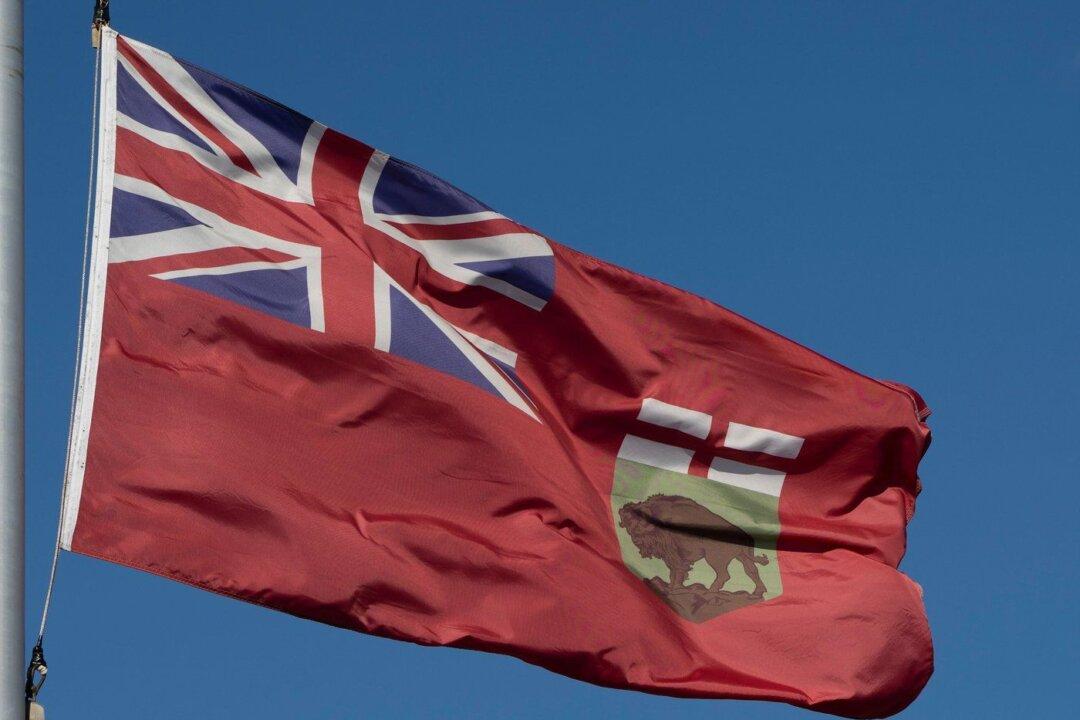A flag policy is sparking debate within a Manitoba school board, with some trustees saying it fails to reflect diversity, while others argue it is a neutral approach that represents everyone.
The Mountain View School Division (MVSD) board in Dauphin, Man., adopted a flag policy last September that allows only national, provincial, and school flags to be flown at schools. The board said the decision sent the message that “Everyone is welcome, included, and supported under these banners.”





